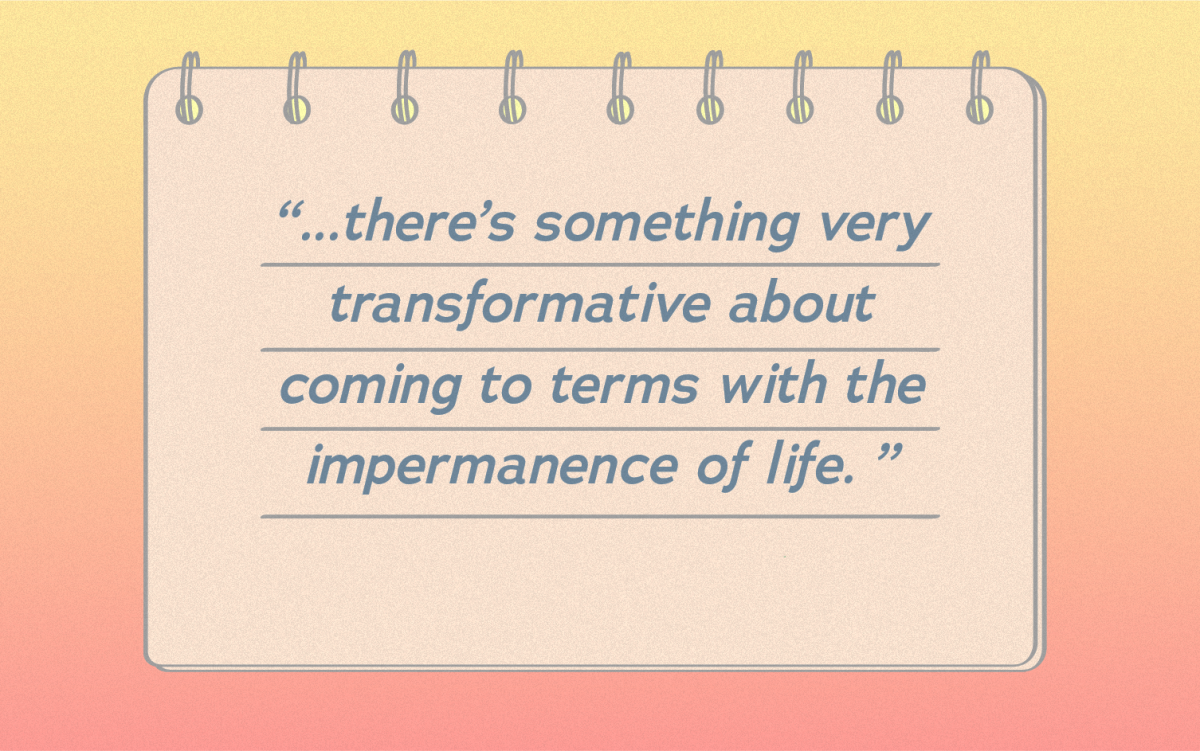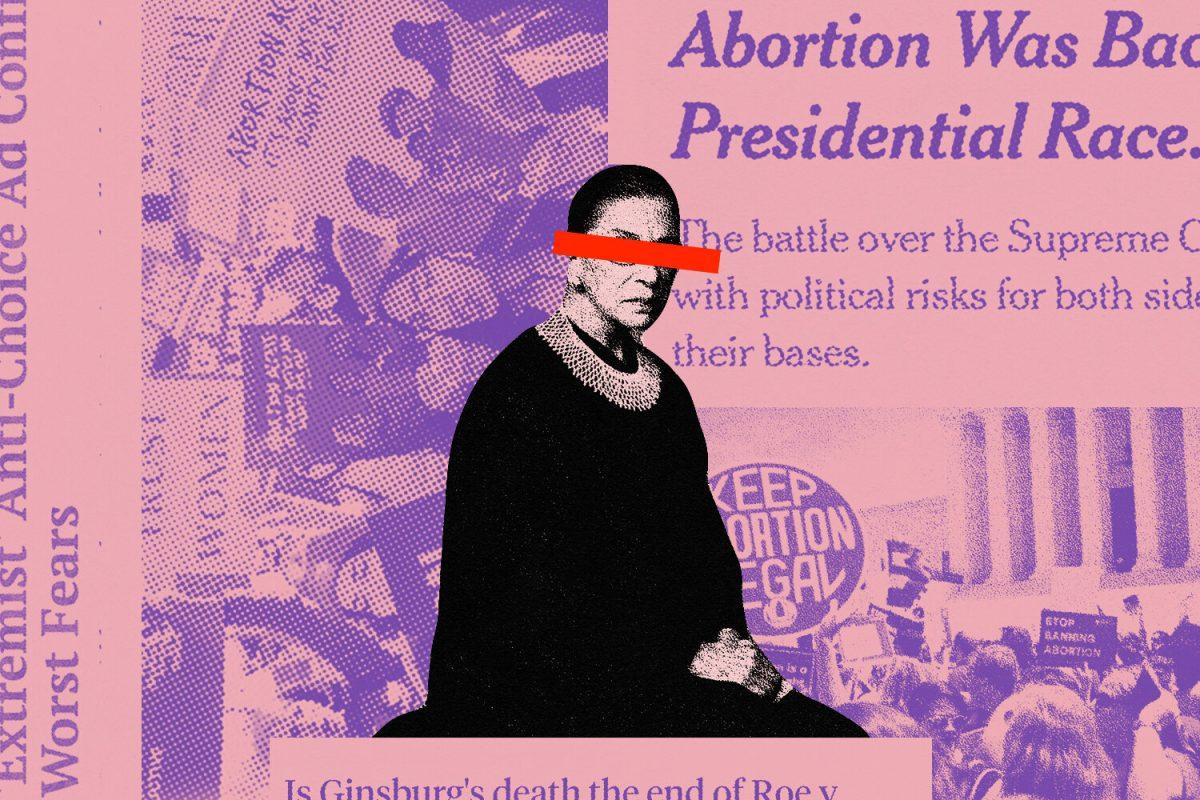Imagine: A woman walks into a corporate job interview and her arms are covered in tattoos. Now, imagine another woman with no tattoos, but rather, apparent breast implants walking into the same interview. They are equally qualified for the position — who is more likely to get the job?
By Madison Hamilton
I’ve asked multiple people this question, and most seem to lean towards the woman with breast implants. This bothers me, not because I have a tattoo sleeve or breast implants, but rather because of the stereotypes associated with different forms of self-modification.
People dye their hair because they want a different look. Some get fluids injected by needles into their foreheads to rid their skin of wrinkles. Others have their lips, noses and entire faces reconstructed. So, why is it that other forms of self-alteration are accepted — and maybe even encouraged — while tattoos are still widely viewed as trashy or gang-related?
Perhaps the stereotype stemmed from World War II veterans’ inks; their tattoos represented their ranks. It could be because there are a higher percentage of tattoos among inmates (about 66% of inmates have tattoos). Or maybe it percolated from the mere idea that only a crazy person would willingly fuse permanent ink into their aging skin.
But — if you think about it — the people who are giving and receiving tattoos generally believe the design is a form of art. Thus, if their job performance is the same, why does corporate America continue to stifle this form of self-expression?
Don’t get me wrong; it’s understandable if an employer is biased when hiring someone with an offensive and visible tattoo, because one wouldn’t wear insulting clothing to work. But research from a Pew Research poll in 2010 suggests that 23 percent of Americans have a tattoo, and I have to assume that the majority of the designs aren’t offensive. So, what is it about our society that correlates tattoos with unprofessionalism?

Hannah Denitz was 19 when she applied for a promotion from Junior Lifeguard to Head Coordinator at Carpinteria Beach in California. At the time, Denitz had a few animal tattoos on her left arm, a Walt Whitman quote on her chest and a portrait of the Little Prince (a French children’s novella) on her ribs. Although she ended up getting the job, they wouldn’t allow her to talk with parents without being fully covered. “Basically if I wanted the job, which is on the beach all day everyday, I had to wear full clothing,” Denitz says.
This is the common theme: You can have the job, as long as you cover your art.
Art. That’s what it is, right?
Be that as it may, I’m not writing this to encourage you to get a tattoo, nor do I care if you like tattoos. I just hope that one day I have the opportunity to interview someone who doesn’t feel pressured to cover a personal choice.













































ldavid69 • May 15, 2014 at 11:23 pm
Since when did personal appearance become out of bounds for a hirer to be concerned? Seriously? One has a choice . If you are bold enough to push your so called individuality, you have to realize that others have their individual rights as well, including the hirer that has to make profits.
Sallie Miller • Mar 24, 2014 at 11:46 pm
I understand that this post is trying to challenge what most people perceive as a societal norm, but in reality, whether a job applicant is wearing a top that is low cut and tight enough to make implants visibly obvious, or if they have visible tatoos, both are unprofessional and usually unacceptable in the work place. If I were in the position to choose between the two, I would hire the most qualified person, and require them to conform to office norms(not showing cleavage or tattoos). This is also true for the type of clothing that is worn or the color of ones hair. I doubt if any employer has stated after an interview, “although those jeans the applicant wore were dirty and torn, it must have been an expression of their more bohemian nature”. Truly, most corporations have so many applicants that they can be judgmental during the interview process because they have so many qualified applicants to choose from. I am in no way against expressing yourself or boosting your self-confidence with changes to ones body, but when it comes to high level positions within organizations or with the government, you will probably have to conform. If you are against conforming, you will most likely need to find another career path. I doubt that the “professional prejudice” the author refers to will change soon.